Do you have sales or a consultative approach with prospects? To be fair, most sales professionals can’t answer this question objectively. Think of the intent of your prospect conversations. Do your conversations deliver advisory value to your prospects and clients, or are they a mechanism to deliver and communicate your value?
The following questions will help you determine the advisory value of your conversations when it comes to your prospects and clients.
- When you weigh the possible outcomes of a meeting, do you define the commitment of a second meeting as a win?
- When you research a company, do you search for information that helps you align your specific expertise with your talking points?
- When you prepare your questions, do you focus on the questions that help identify the prospect’s pain points, so you can offer your expertise as a solution?
- Are you often sold on your ability to help the prospect within the first 15 minutes of a conversation?
- When the prospect stumbles to answer a question, do you feel compelled to break the awkward silence with an easier question, or share one of your ideas?
If you answered “yes” to any of the above questions, you may not be the consultant/advisor you think you are. You might work really hard and have a lot of determination, resilience, and experience, but at best you’re a well-compensated salesperson. And this might be enough for many of you.
Once you commit to chasing an outcome or second meeting, you initiate the sales process that your prospect is accustomed to. This makes it hard to differentiate or deviate from the sales script.
Five Signs of Poor Consultative Acumen
The following represent common sales experiences, assumptions, and patterns related to poor consultative acumen.
-
Outcome:
Subconsciously or consciously, you start with the pursuit of an outcome because some old sales guy taught you this mistake long ago when you were young and impressionable, and hungry to make a sale. Since then, you made some sales, and this false success trigger has stuck with you – and you never questioned the validity of it.
-
Talking Points:
To solidify an outcome, you work really hard at your talking points so when cued you can relay them with confidence and clarity. Your talking points are your value. They are the features and benefits of your product or service combined with your expertise that will help you secure that second meeting – and one step closer to the sale.
-
Questions:
If your prospect doesn’t seem to be cooperating because they didn’t read your email thanking them in advance for their time (the opportunity to come in and sell them), or where you fully listed your pitch, you may have to prepare some crafty questions to get your prospect back on track and set up your talking points for center stage. It’s your sales-Jedi mind trick.
-
Experience:
You have some hard-earned wins under your belt (mainly because you’ve followed this track too closely) and a bit of expertise entitlement has settled in. You are quick to assess the prospect’s situation based on your perspective vs. taking the time to help the prospect create their own perspective. You push for the second meeting and your prospect acquiesces, or more accurately “the dude abides.”
-
Awkward Pause:
Finally, if the prospect stumbles during your interrogation and set up, and doesn’t seem to be putting enough energy into answering your questions – you’re ready to double down on the conversation with a more impassioned declaration of your expertise through a third-party success story. When you finally ask the prospect, “How do we earn your trust and business?” your prospect relents and schedules a second meeting. You’ve won!
The above scenarios contain playful sarcasm as well as everyday reality. If you were the prospect and unsure about the risk of making a change, how would you react and respond? How quickly would you connect that you were a part of someone’s “sales” pipeline?
When someone gives you advice that you know is tied to an outcome in which they have a vested interest, how credible is the advice they give? How secure do you feel in taking it?
Again, are your conversations part of the value you bring to your prospects and clients, or are your conversations a mechanism to deliver and communicate your value?



